

Rasha Elass
Editorial Director
Rasha Elass is Editorial Director at New Lines Magazine and a member of the magazine’s launch team. A memoirist and former war correspondent, Rasha reported from the Middle East for over a decade in peacetime and in war. From 2012 to 2014, she was the only member of the international media reporting from the ground inside both the rebel-controlled areas of Syria and Damascus, where she was based undercover.
Her work has appeared in Reuters, LA Times, NPR and Forbes among others.
She has also covered business, finance, and data-driven investigative stories in the United States and globally for various media, in addition to writing religion and culture focused essays.
Rasha is the recipient of the Logan Nonfiction Fellowship and the MacDowell Art of Journalism Fellowship. Her recent first-person essay titled The Day My Wartime Cat Went Missing was longlisted for the One World Media Popular Features Award in 2022.
She holds a master’s degree from Columbia University Graduate School of Journalism. She currently lives in Washington, D.C., always in pursuit of that elusive spare time to write plays and travel. Stories of particular interest to Rasha include narrative non-fiction, unflinching first-person pieces and anything that captures how social and cultural trends in the U.S. influence the world and vice versa.
Latest from Rasha Elass
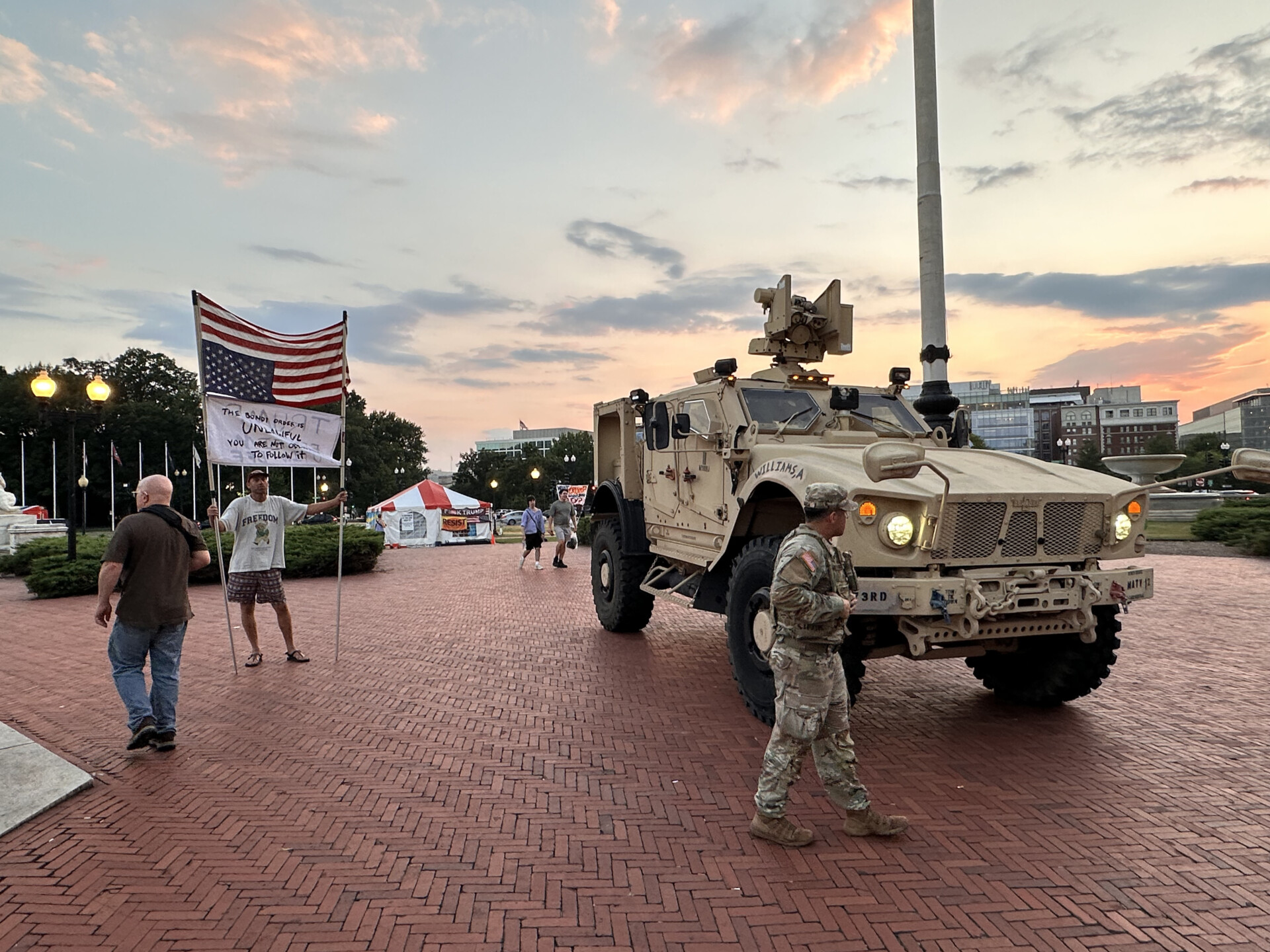
A Dispatch From America’s Garrison Capital
The federal takeover of Washington, D.C., has angered residents and stunned the city, leaving its businesses roiling and streets eerily empty.
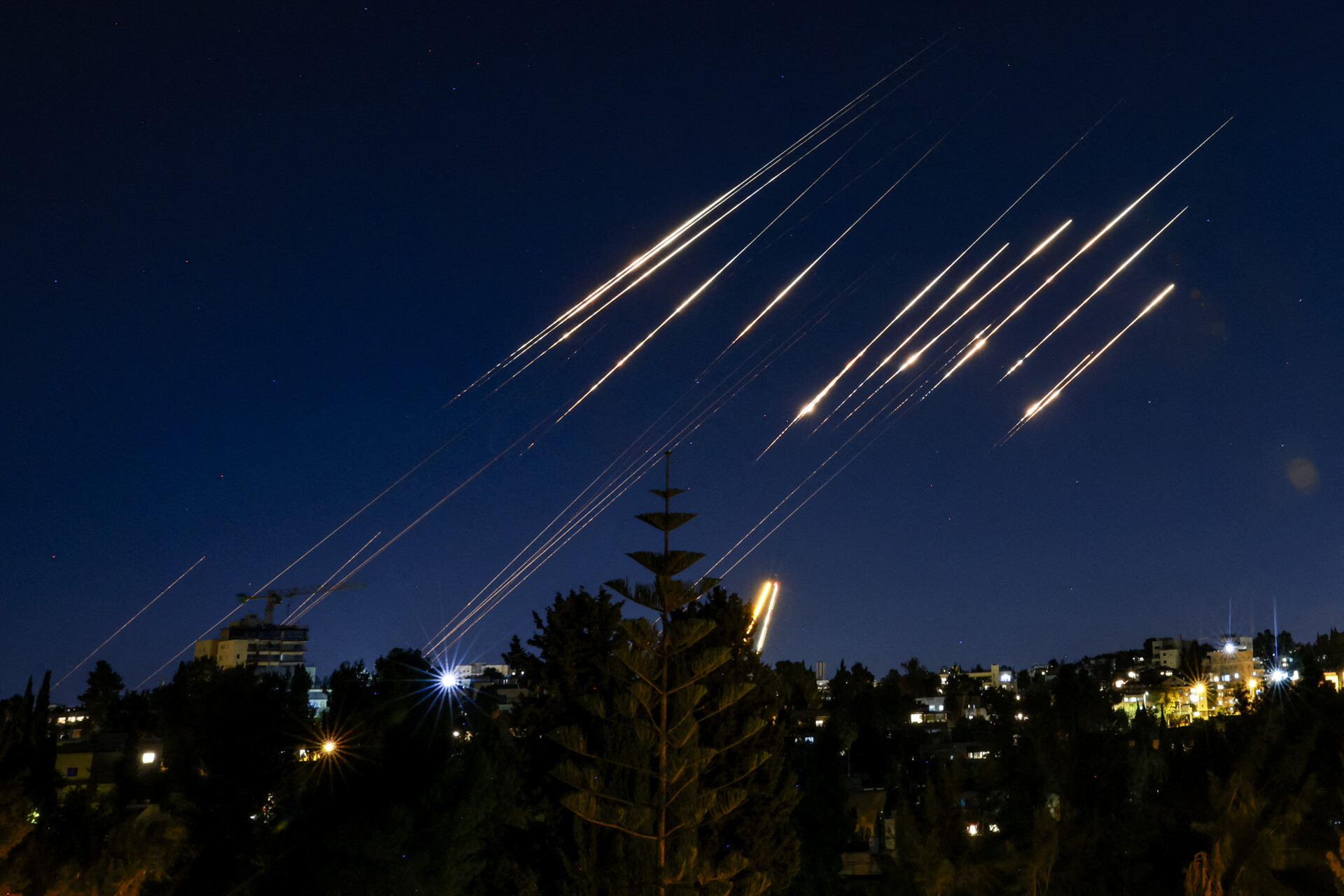
The Psychological Barrier Broken by Iran and Israel’s Missile Exchange
The latest exchanges of missiles between Israel and Iran have broken a long-standing psychological barrier in the Middle East, and are being viewed by states in the region with profound ambivalence. With deterrence fading, what follows may be more volatile still.

Sanitizing the Psychedelic Revolution
A proposed corporate approach to psychedelics, which promotes a “risk-free” quick fix in a pill, leaves deeper questions unanswered. Will this new approach, unfolding in a very different context from that in which the psychedelics evolved, potentially cause more harm than good?
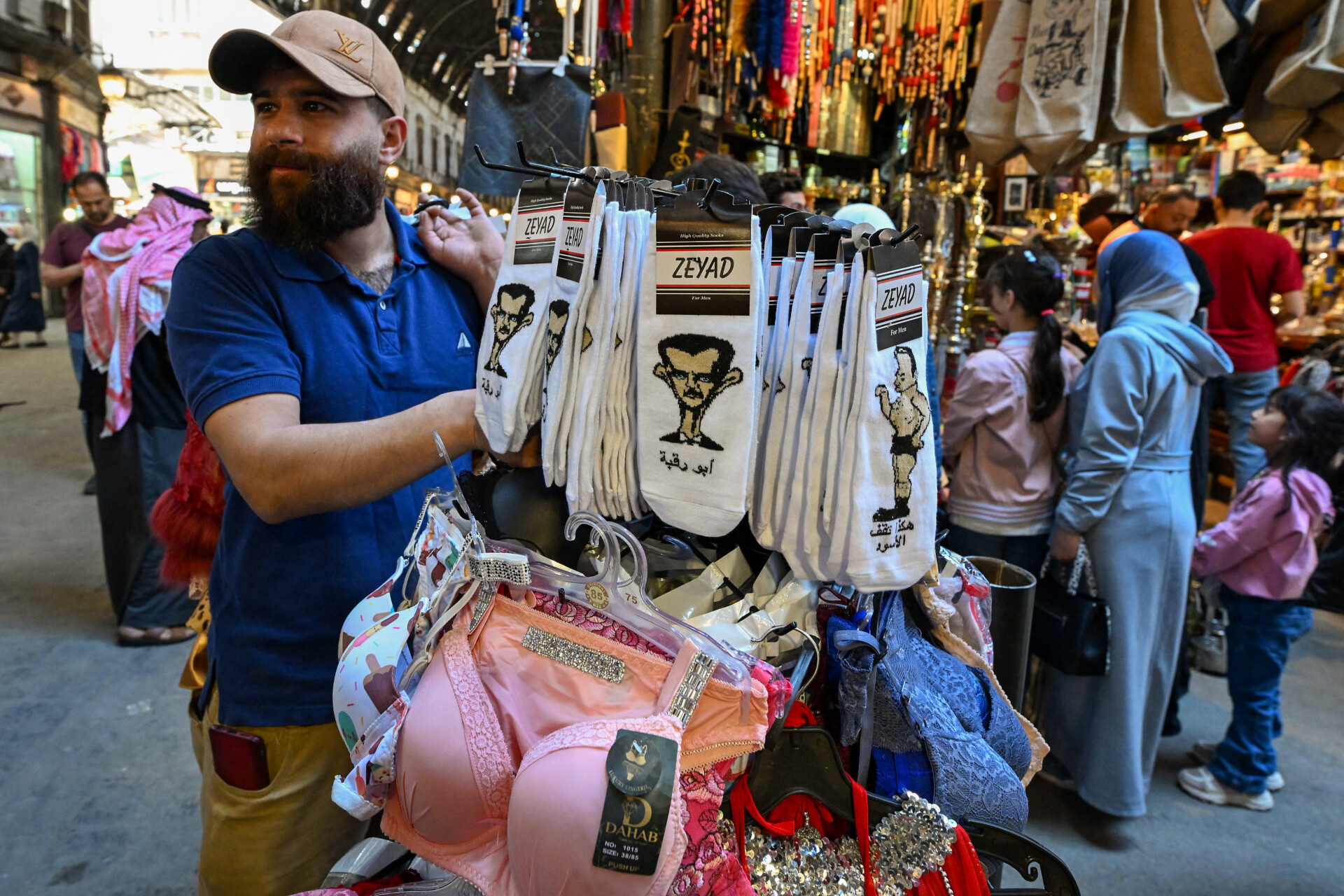
Postwar Syria Is Still Suffering Under US Sanctions
Syria is open for business, its people eager to invest, rebuild and consume. But the U.S. economic sanctions originally placed on the now-ousted Assad regime remain in place, preventing any significant postwar rebuilding from moving forward.

How De-Banking Became a Conservative Rallying Cry
Without cause or recourse, banks in the U.S. and abroad abruptly close individual, business and nonprofit accounts. To hear conservatives tell it, de-banking is part of a culture war against the right. But the truth is that it threatens Americans across the political spectrum.
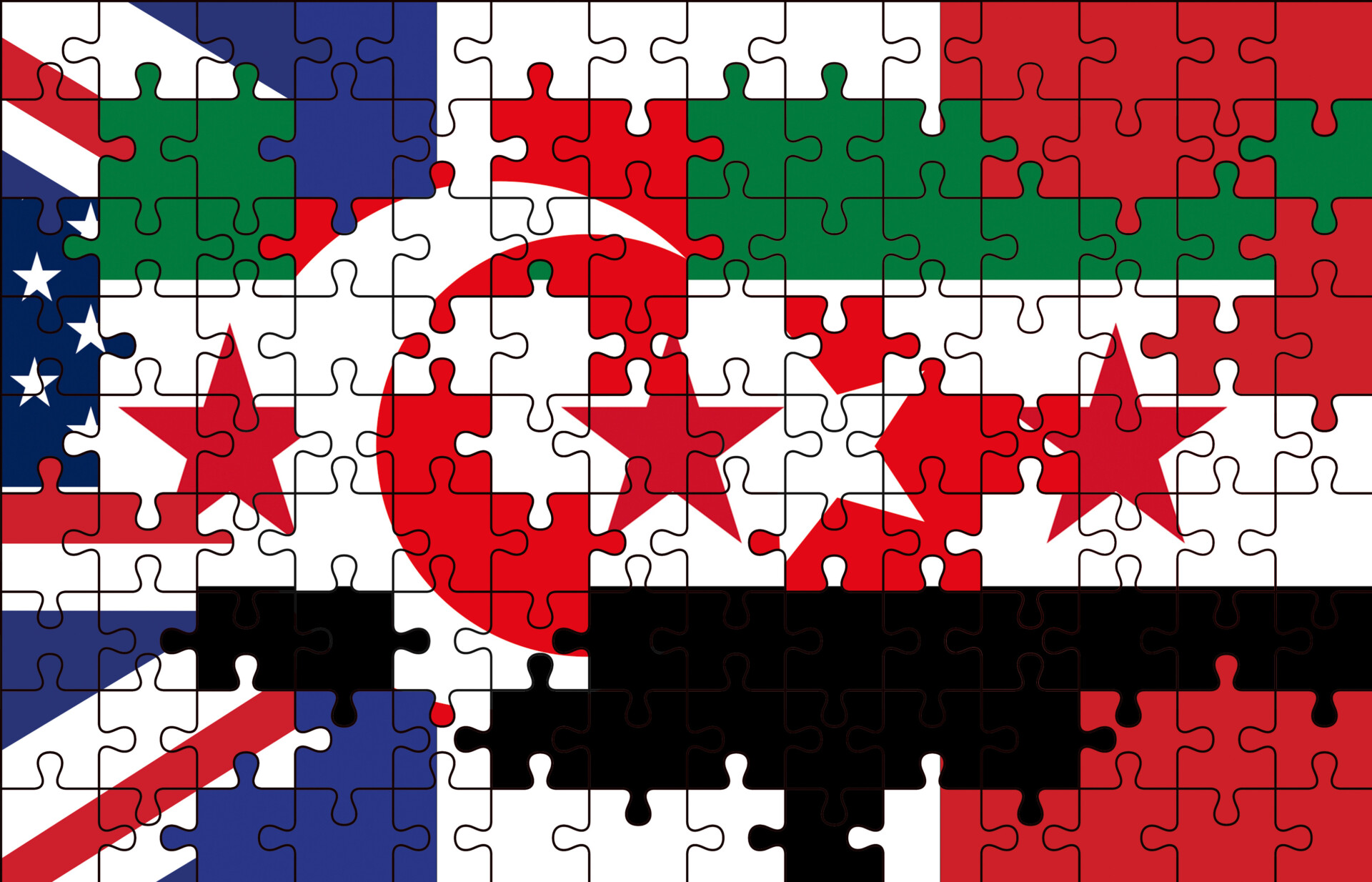
A Century of Visions for Syria
As Syria prepares to transition into a post-Assad era, questions about what principles the country will enshrine in its new constitution are already emerging. Many have been asked before, as a look back at a century of attempts to birth a modern Syrian state reveals.
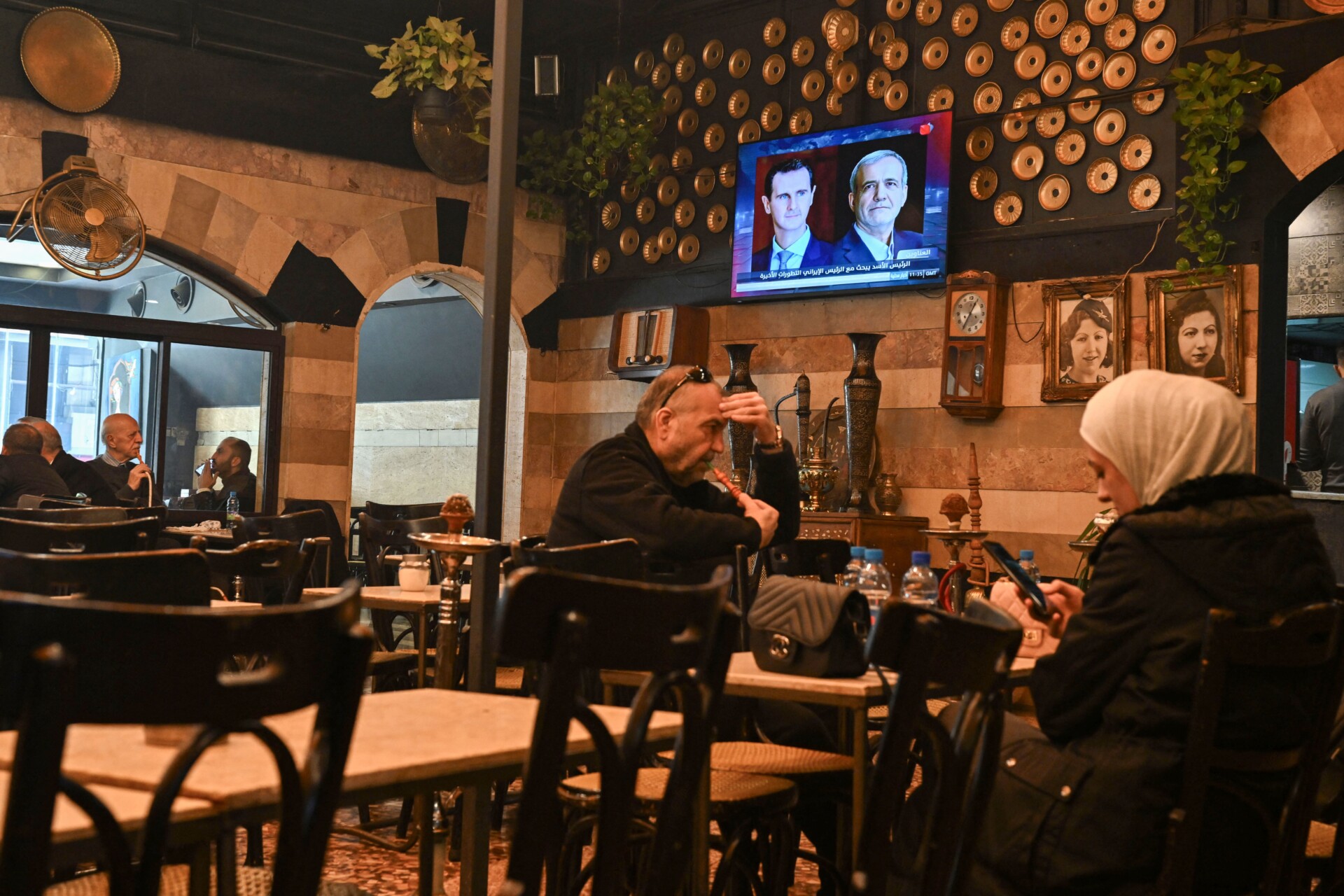
Assad Was Disengaging From Iran, but His Next Steps Are Unclear
No one expected the swift rebel takeover of Aleppo, but during my visit to Damascus last month almost everyone felt that change was in the air. It appeared that Assad might finally be ready to disentangle himself from Iran, but it’s unclear how he might react to the changing situation.
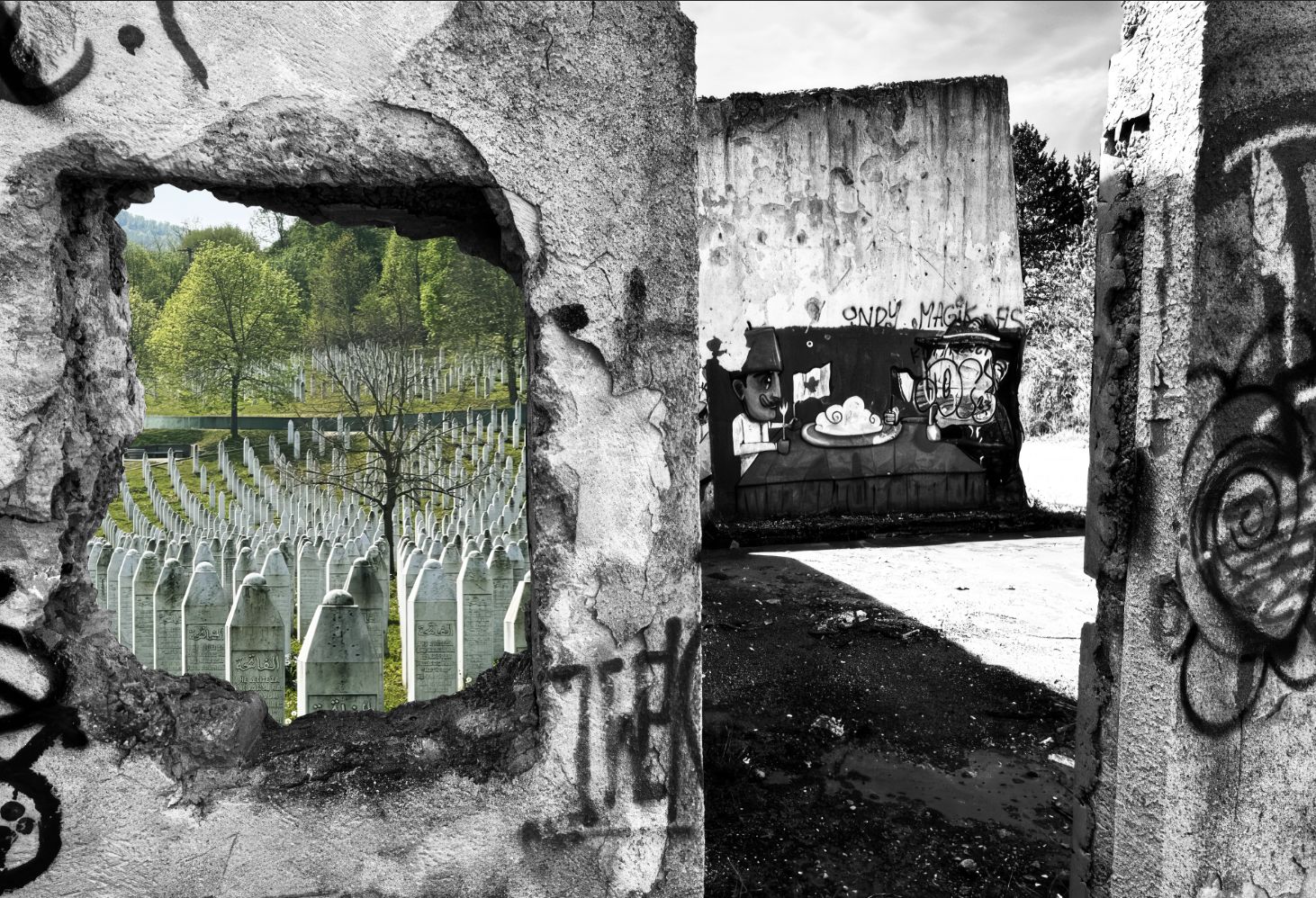
In Postwar Sarajevo, the Similarities With Middle East Turmoil Resonate
During a recent trip abroad, I visited Bosnia-Herzegovina, curious to see how a European country that broke up and later survived a sectarian war might look three decades on. I’ve had this curiosity about the aftermath of war and carnage ever since I could remember, mainly because, like so many of my generation in the Middle East and, unfortunately, so many more of the younger generations there, I grew up bearing witness to war, wondering how a nation might one day overcome its own mistakes and misfortune — or not.

An Eyewitness to the Burning Man Catastrophe That Wasn’t
This year and last have brought some of the more aberrant weather patterns for Burning Man, which cannot escape the extreme weather of climate change. But depictions of a humanitarian disaster complete with ridiculous rumors on social media of an Ebola outbreak made me think of other disasters, like war and the falsehoods they beckon.
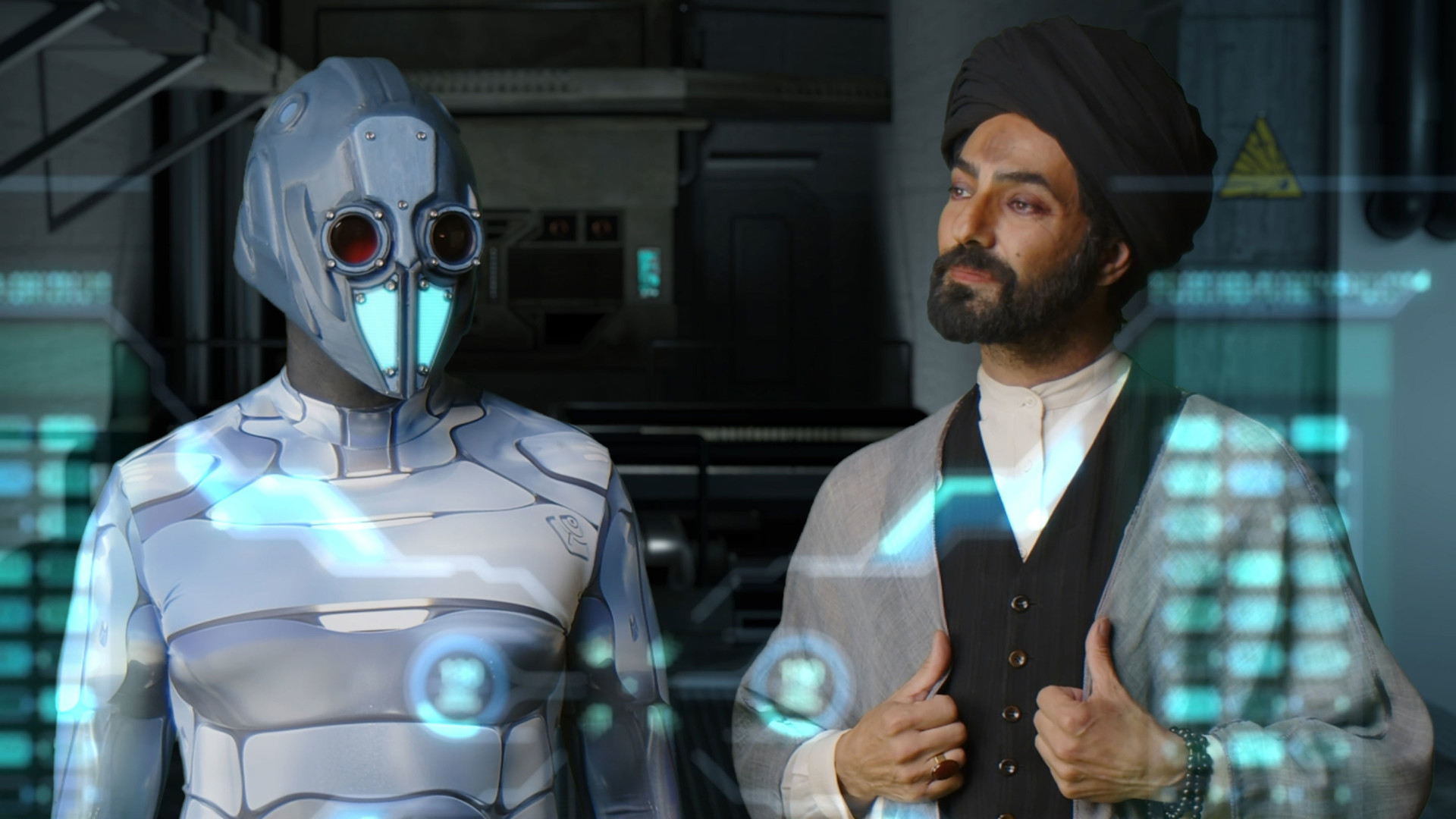
A Low-Budget Sci-Fi Film Shatters Iran’s Sacred Red Lines
Divided into five segments, each unfolding in a different era in the future under a new supreme leader, the low-budget, sci-fi art film shows a progression in the timeline but not so much in reform.
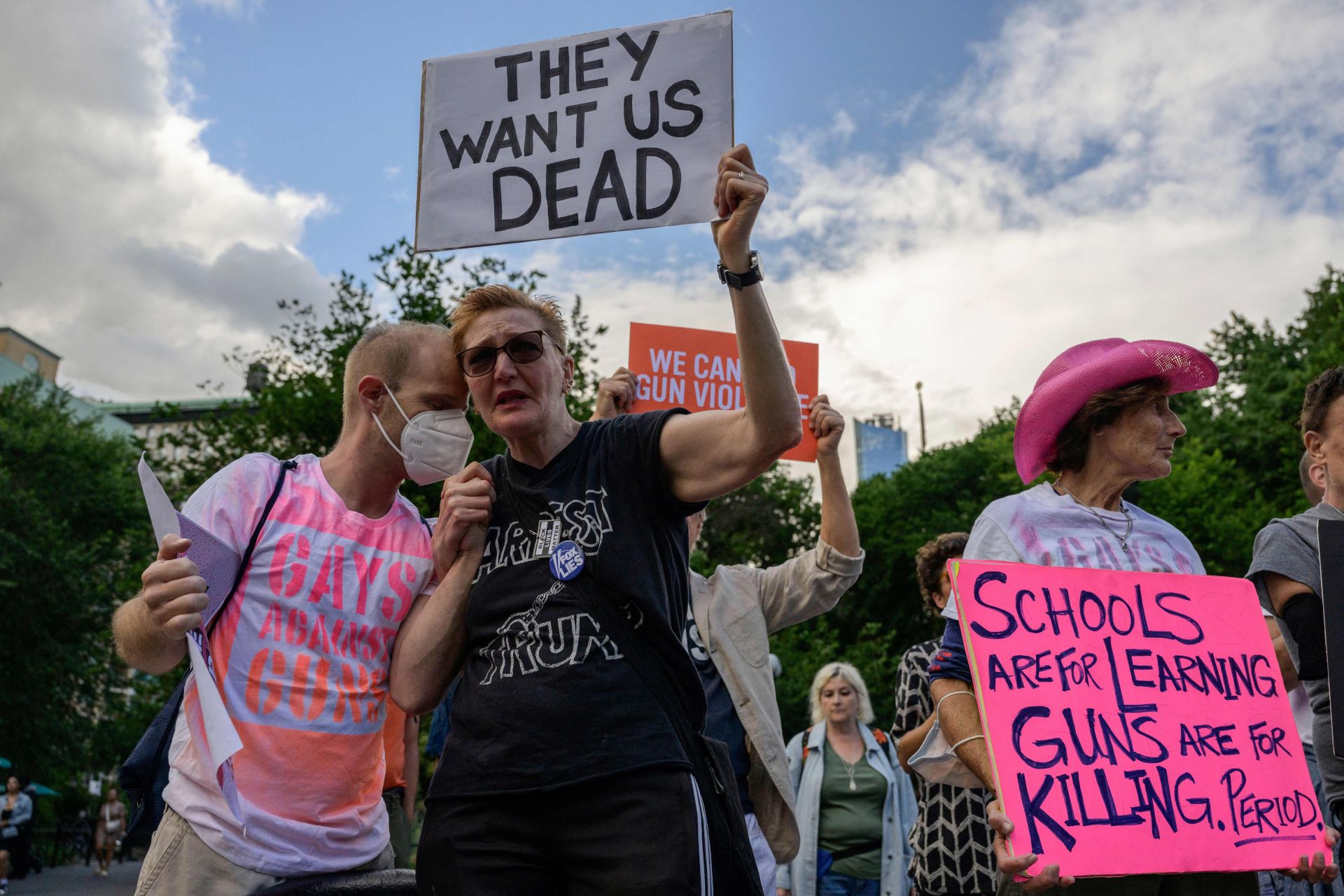
How Gun, Prayer and Abortion Decisions Harm Us Over the Long Term
In our story, the shooter we focus on has no gun permit and no mandatory training in how to handle a firearm or appropriately assess a threat. He fatally shot his victim, then called 911 and claimed self-defense, citing a gun that did not exist.
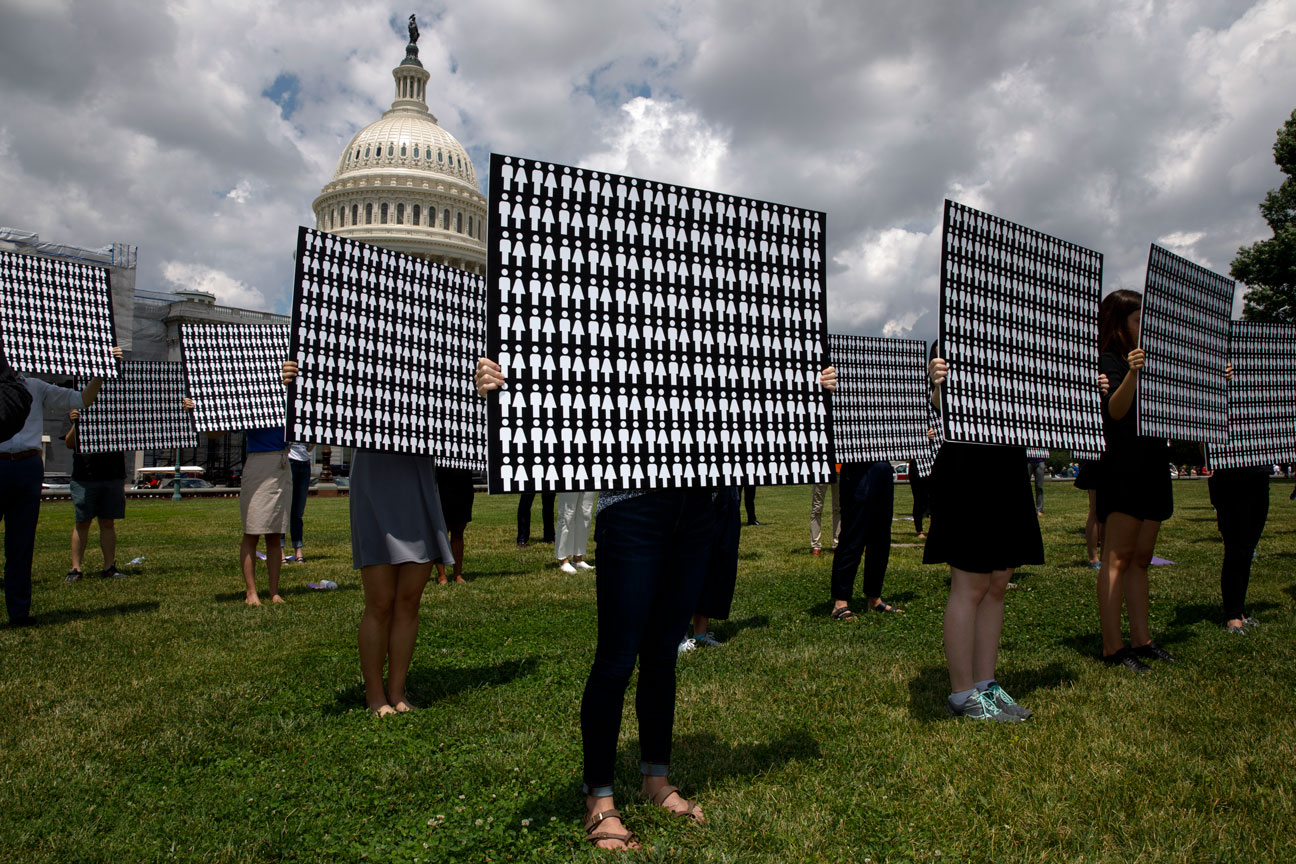
How ‘Stand Your Ground’ Erodes a Homicide Probe
A suspect shot and killed an unarmed man in a vehicle outside his house, then claimed it was self-defense. At the heart of this case is the expansion of “Stand Your Ground” laws, which expanded self-defense to public spaces, thus removing the traditional “duty to de-escalate” a conflict.
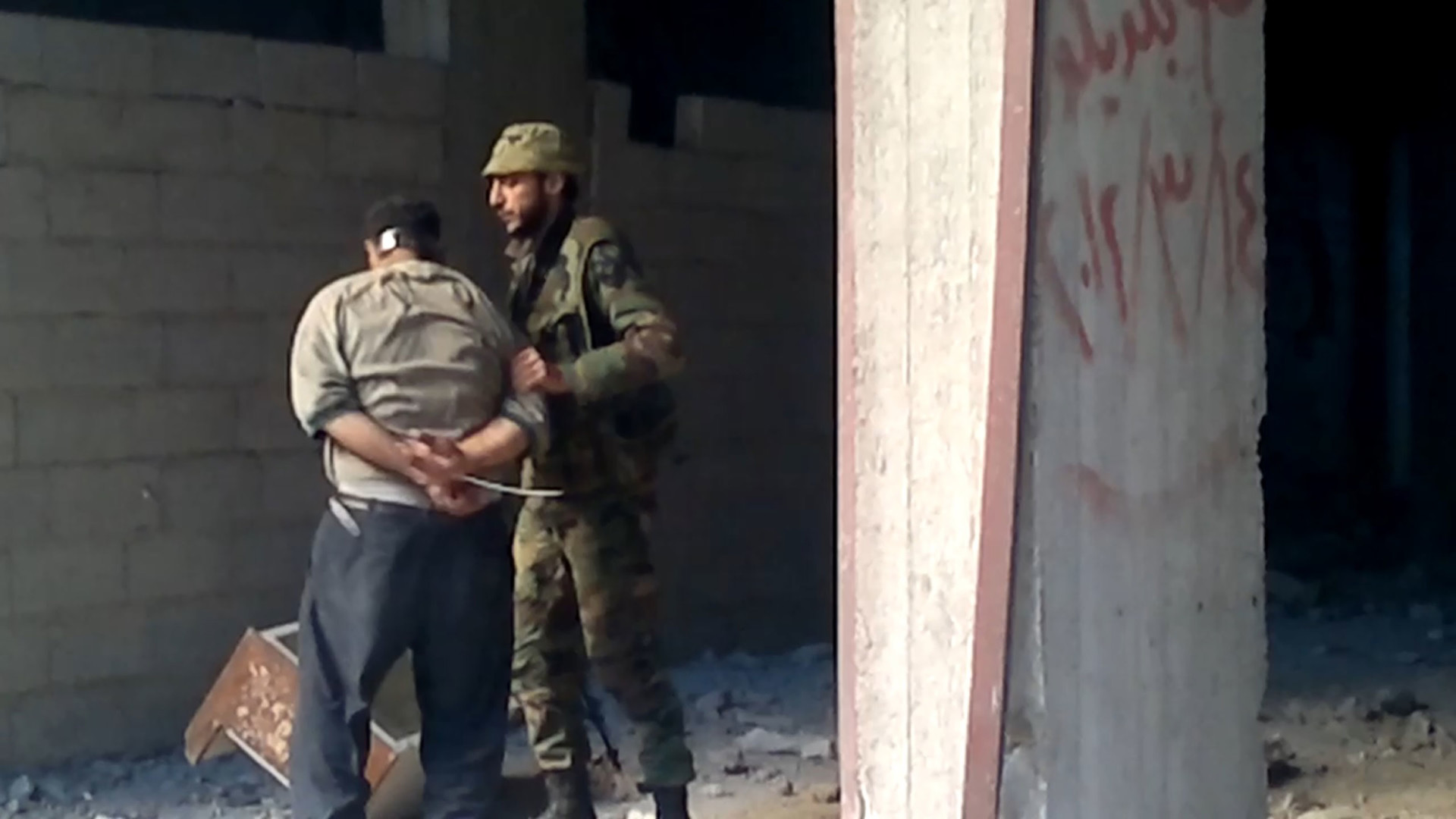
The Painful Burden of Bearing Witness
A weekly review of news, essays, podcast and more from New Lines. The week of April 25 to April 29, 2022.
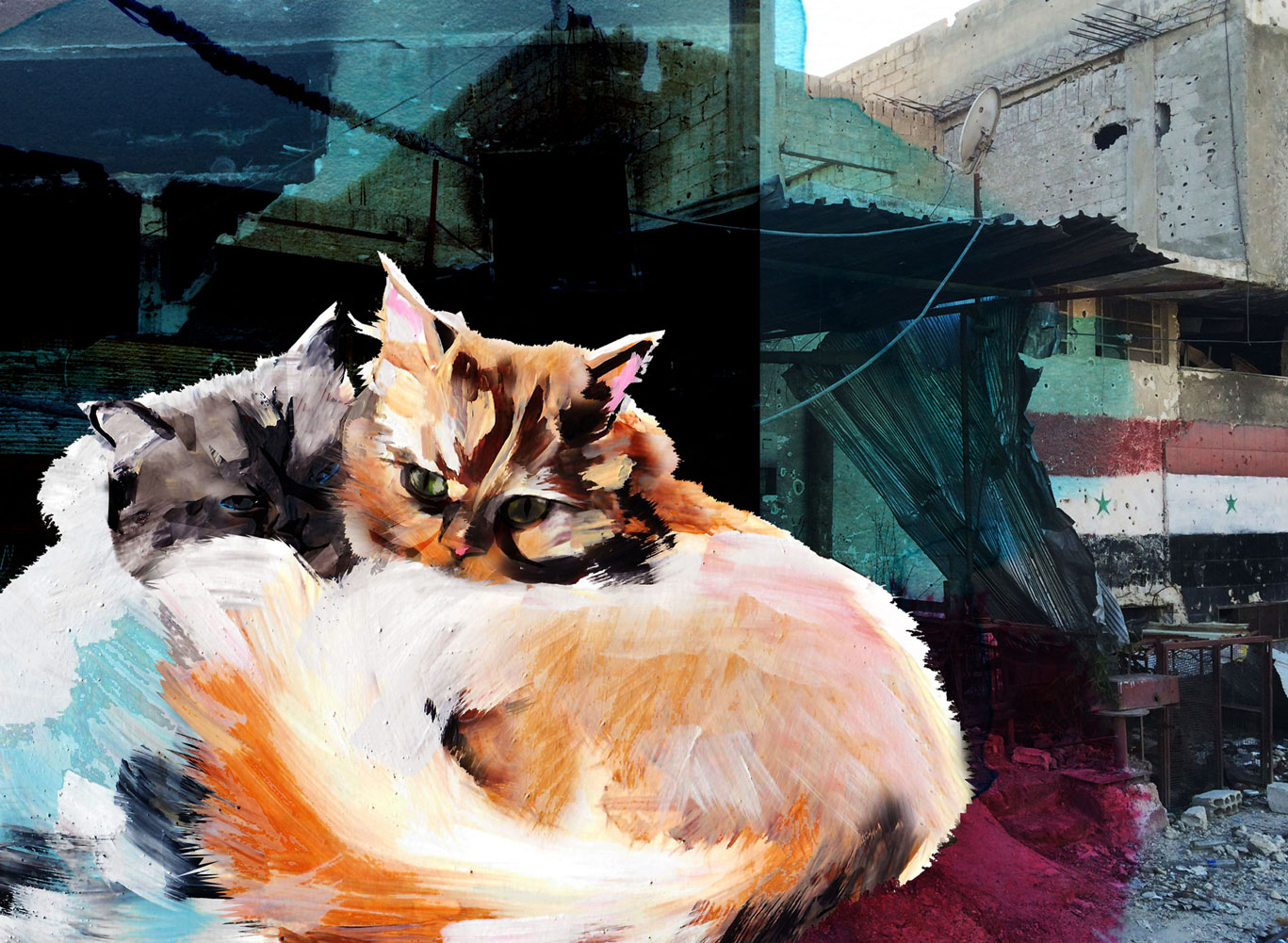
The Day My Wartime Cat Went Missing
There is a local proverb that asks God for shelter from calamity, when all is lost in a blink of an eye, suddenly and irreversibly, during “saet al ghafleh” — the hour of oblivion — as you go about your day unaware of fate sneaking up on you from behind: a solemn figure that appears at your doorstep, a phone call that comes in the night, a beloved cat that goes missing.

In Lucifer, We Find Sympathy for the Devil
Ultimately, all the devil and his top demon want is to make a meaningful human connection. They feel tormented at the possibility that they may be incapable of such a thing after having spent eons in hell. And who could blame them?

A Multigenerational American Story of Immigration and Return
Kamel had raised the American flag on his rooftop in the hope that the French would not aim their guns in his direction. But the French attacks were more wanton and severe. A shell raged toward his house, piercing one of its walls.

As Brood X Nears the Completion of its Life Cycle, We Are Left Listening to the Cicada Blues
Much has been written about the din of cicadas, compared at times in its strangeness to the imagined sound of UFOs. Bob Dylan was moved to write “Day of the Locusts” when he heard them in 1970 at Princeton as he was receiving his honorary degree.
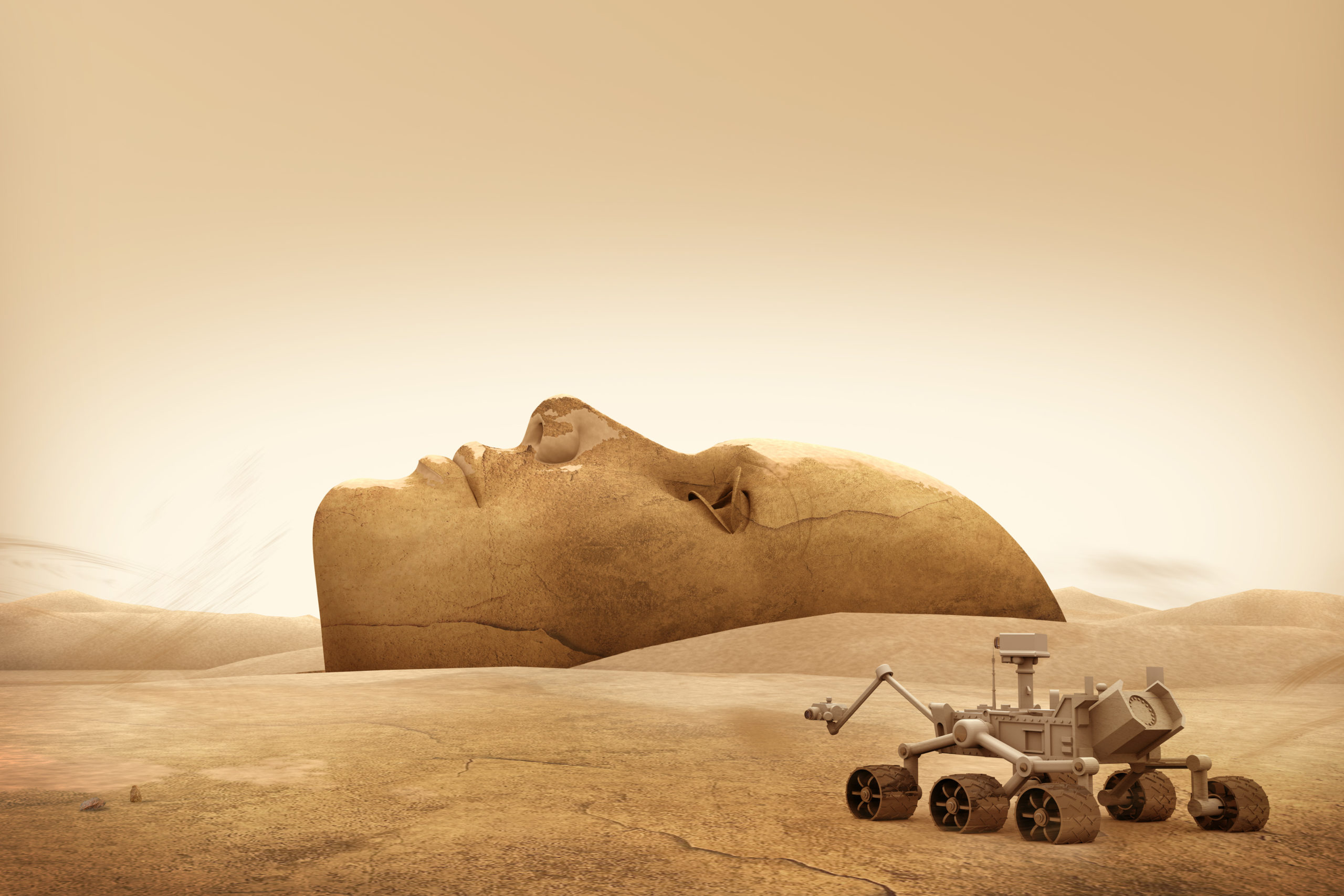
Arab Life on Mars
Islam’s Golden Age boasted poetry and scientific inquiry and, perhaps as relevant to the occasion, the seeds of science fiction, a literary genre that has the potential to engage the youth of the Arab and Muslim worlds and empower them to imagine the future they want for themselves and their countries.
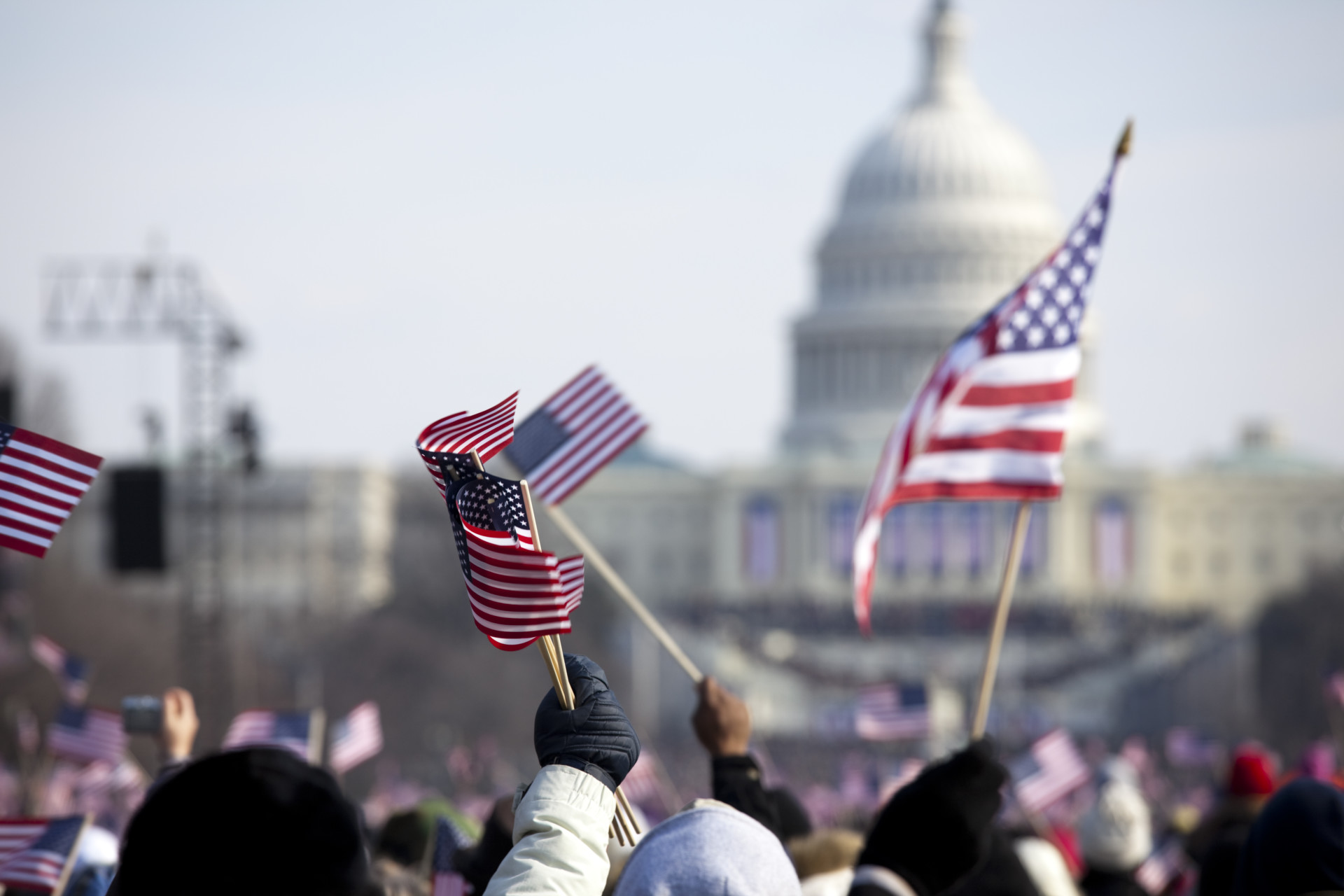
Between Insurrection and Revolution
Years later, after leaving the country and then returning as a journalist, I would ask fellow Syrians what they understood themselves to be. “What is Syria? Who is Syria?” I asked anyone who listened. “What does it mean to be a citizen of Syria?”

The Boy on the Bicycle
After the Syrian regime attacked a rebel-controlled part of Damascus with sarin gas in August 2013, I smuggled my way in to report on life in the besieged area
